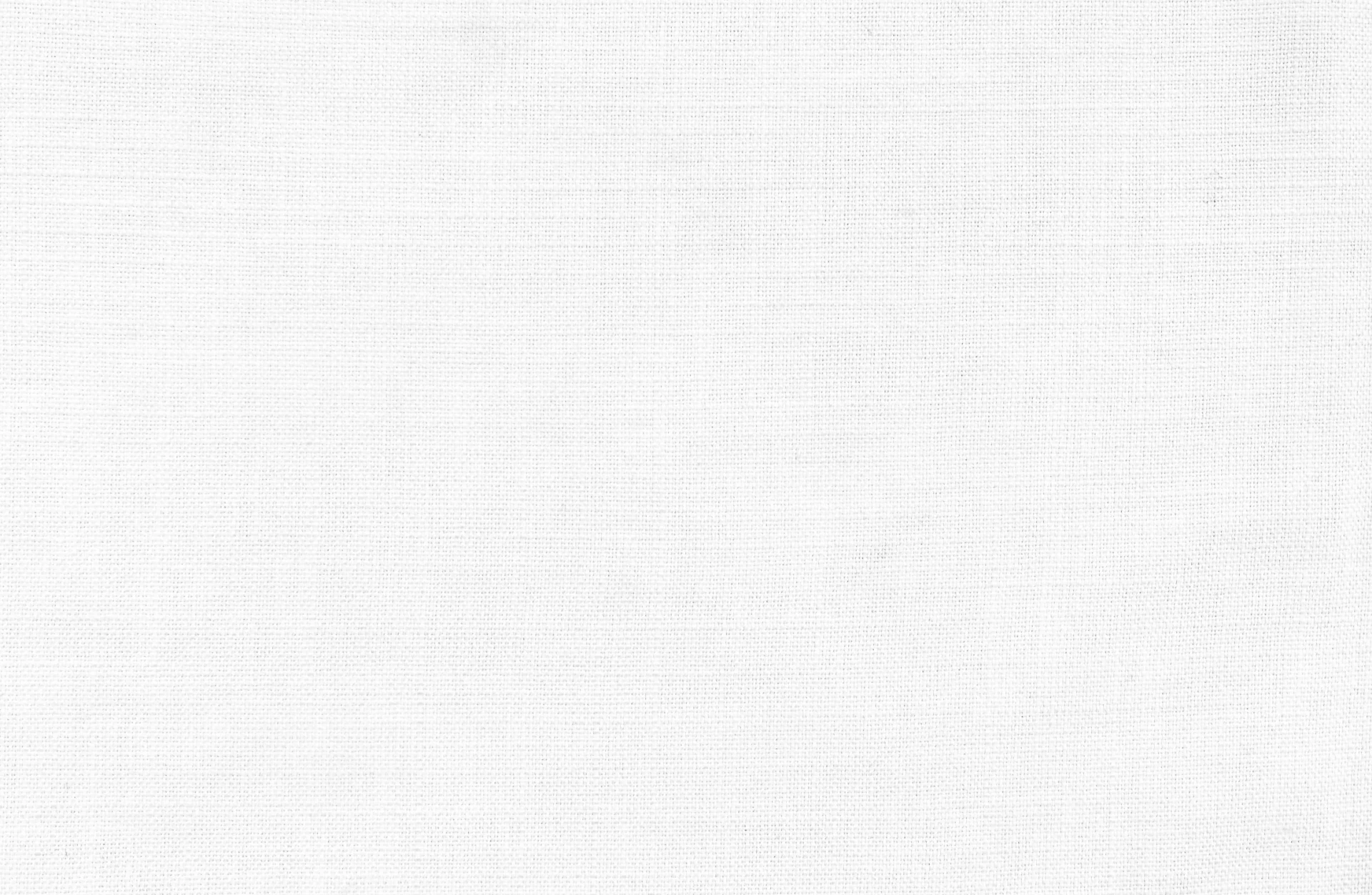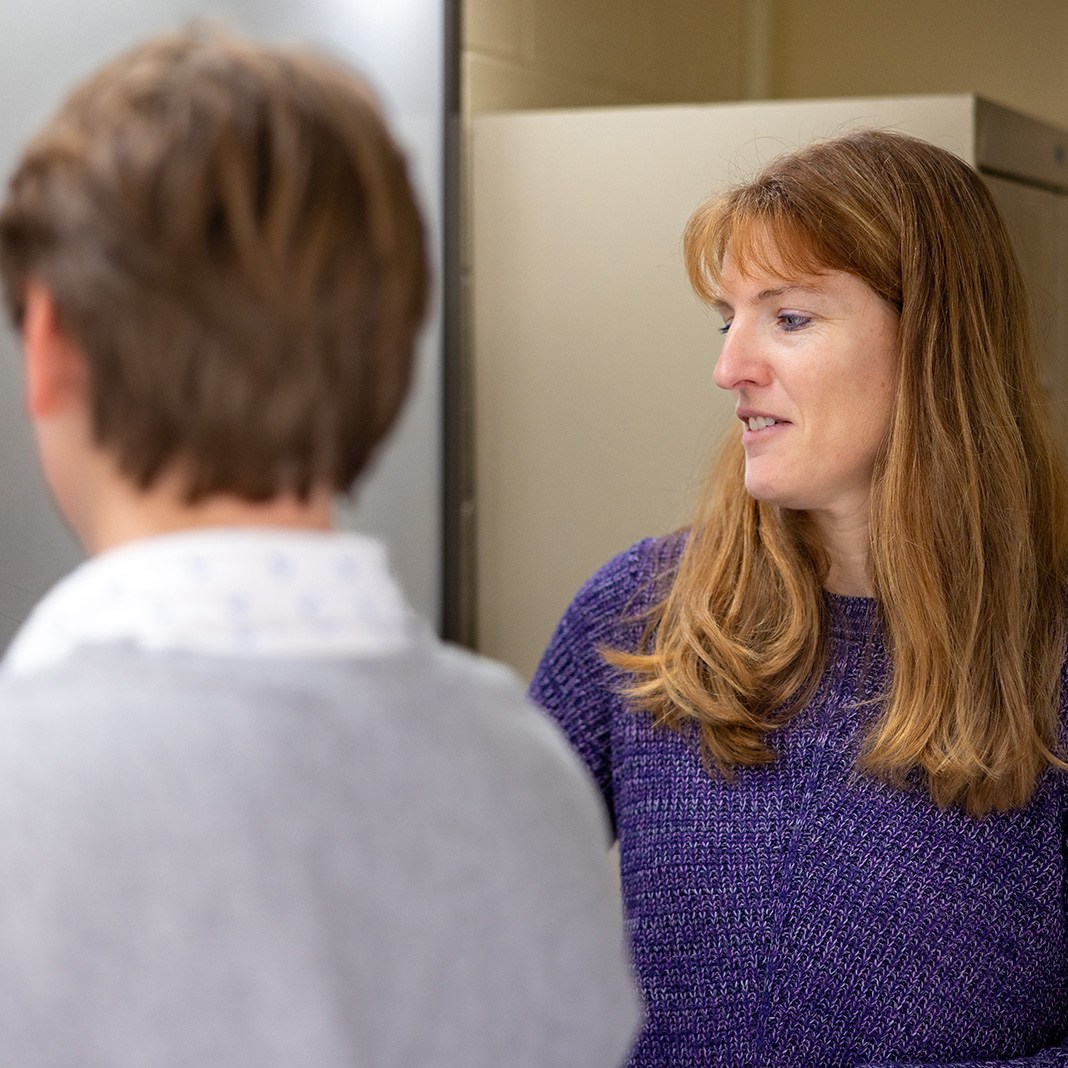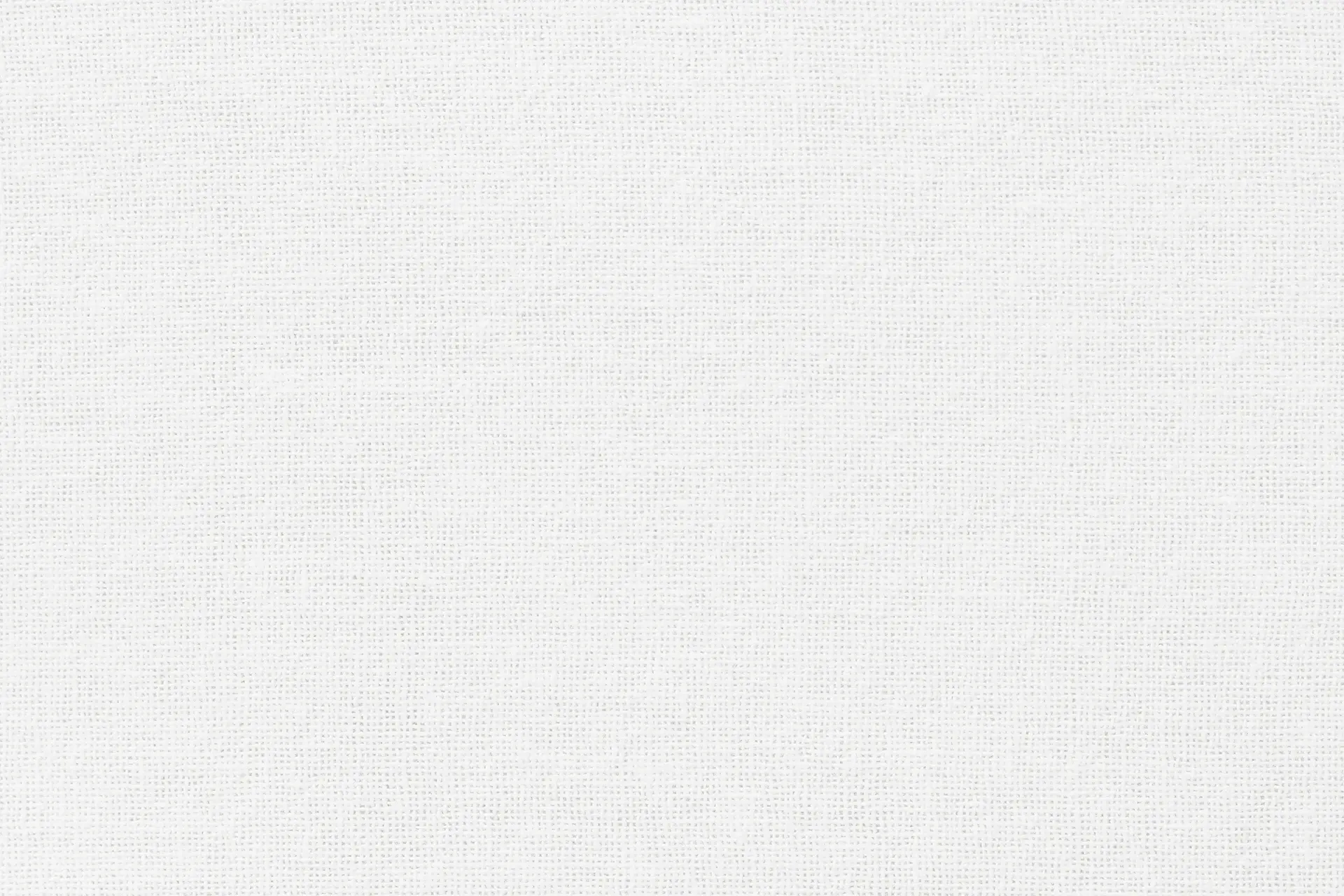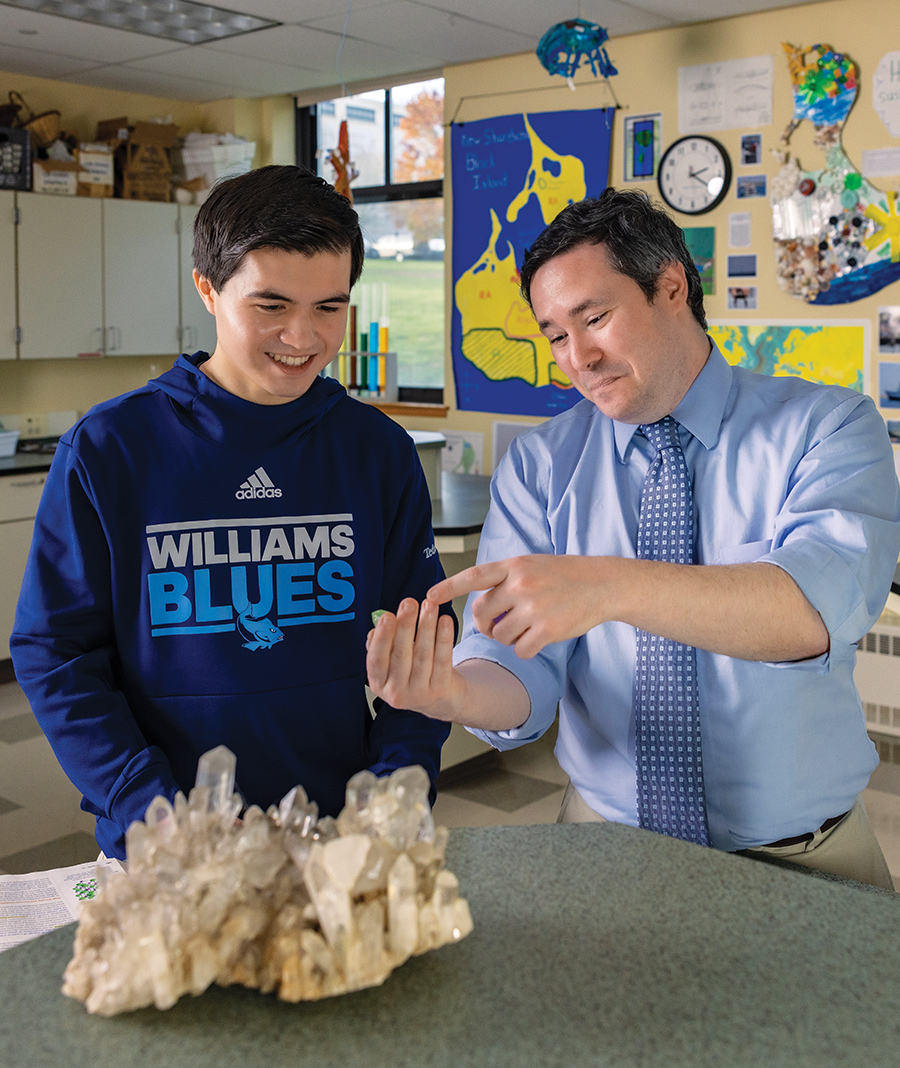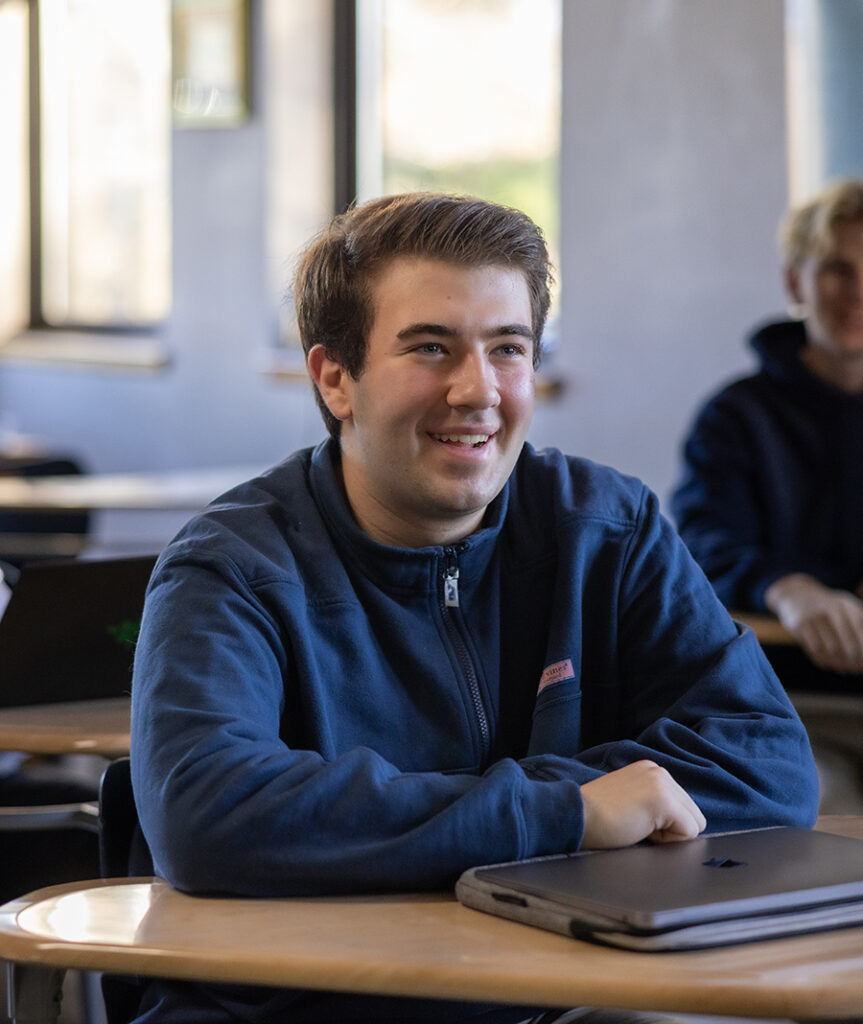Academics
In the classroom, students analyze and integrate complex material, participate in socratic discussions, and communicate in written, spoken, and creative ways.
Students learn how to stretch themselves, knowing that their efforts will be recognized, supported, and appreciated by their peers. In all of these endeavors, students learn that only with collaboration, empathy, and self-discipline, is the excellence they seek attainable.
At Williams, all community members collaborate to perpetuate an open atmosphere of mutual respect, providing a supportive learning environment that encourages students to take meaningful, developmentally appropriate risks as they pursue their own academic, artistic, and athletic goals.
The ArtsAthleticsOur Schools
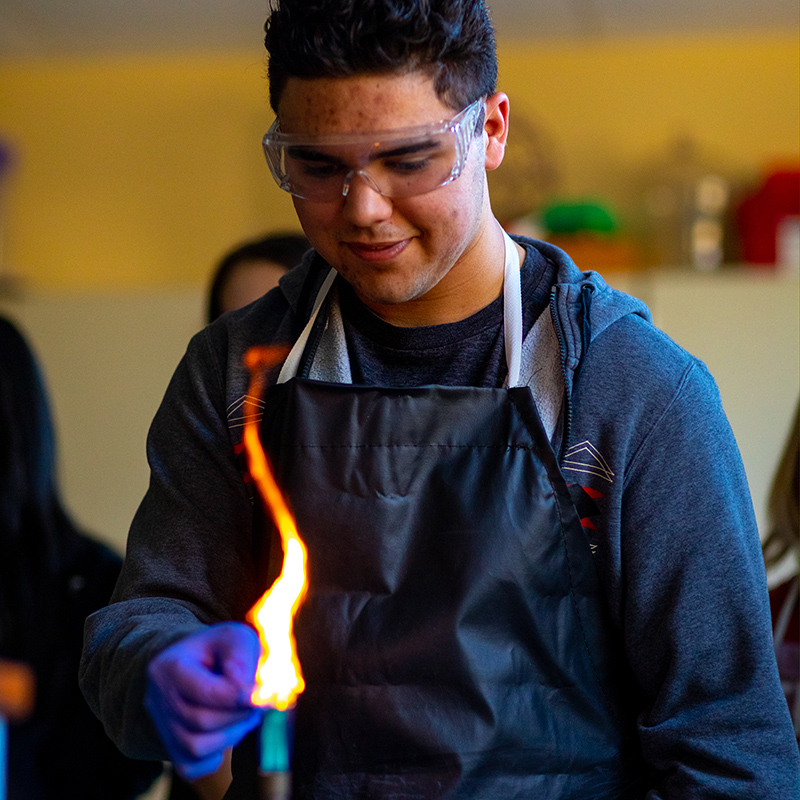
Grades 9-12
Upper School
At Williams, all community members collaborate to perpetuate an open atmosphere of mutual respect and intellectual curiosity, providing a supportive context that encourages students to take meaningful, developmentally appropriate risks.
Find Out More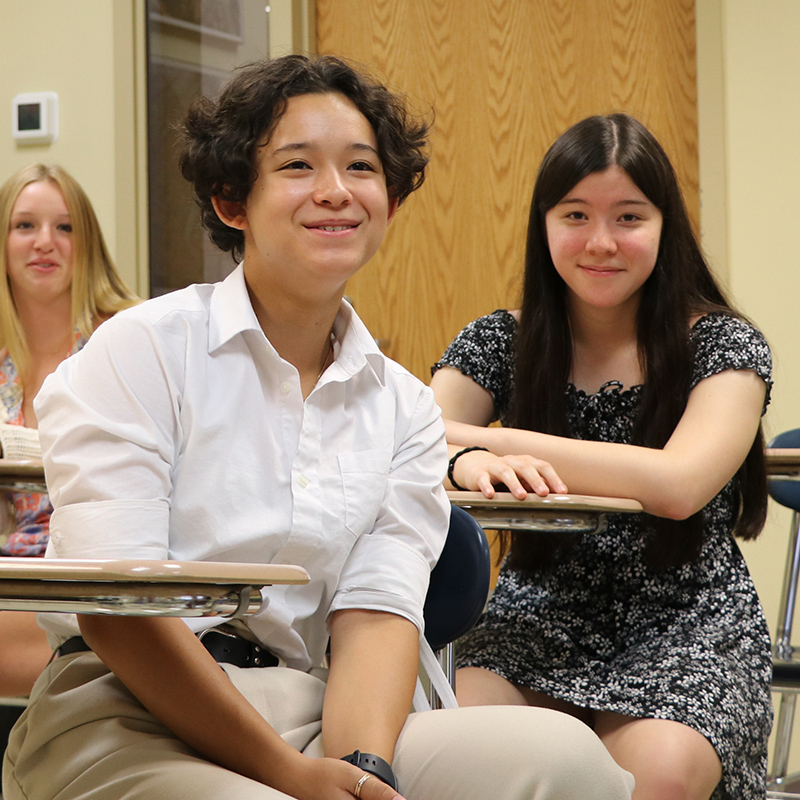
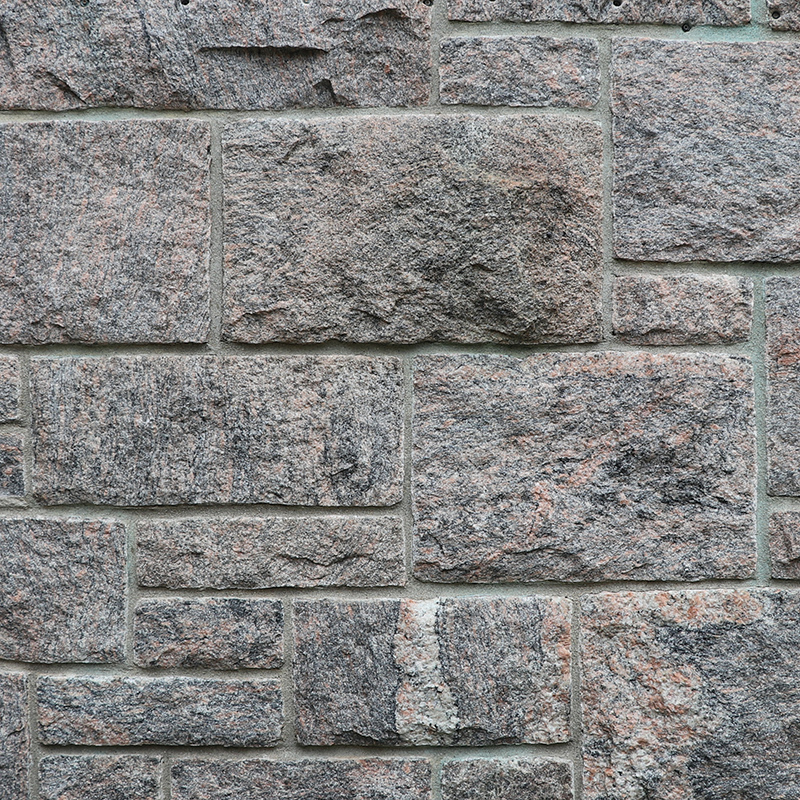
Grades 6-8
Middle School
The Middle School program offers courses intended to develop not only content knowledge but also critical, creative, and abstract thinking skills.
Learn MoreAdditional Prep Programs
Connecticut College Connection
Several seniors each year qualify to take courses at Connecticut College.
See MoreCollege Acceleration Program
The College Acceleration Program offers students in grades 11-12 a full semester of college courses and corresponding credits.
Get More InfoInterdisciplinary Certificate Program
Interdisciplinary Certificate Programs offer students the opportunity to earn a certificate alongside their diploma in a focused subject area.
The ProgramCollege Counseling
Working with students and families, Williams’ counselors help find the best-fit colleges.
Learn MoreFor College Admission Officers
Helpful notes and contact information for admissions officers from colleges and universities.
Helpful Info